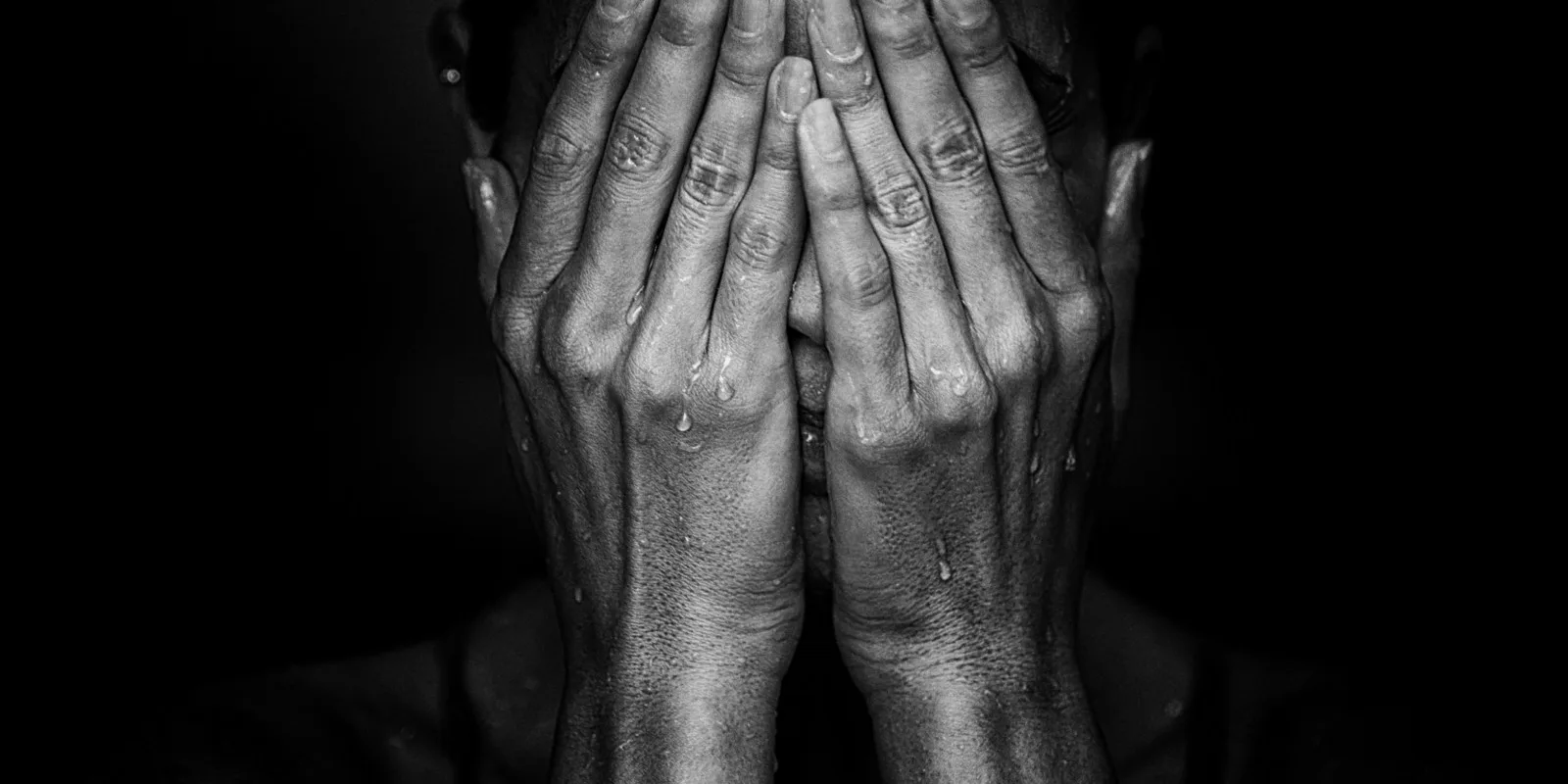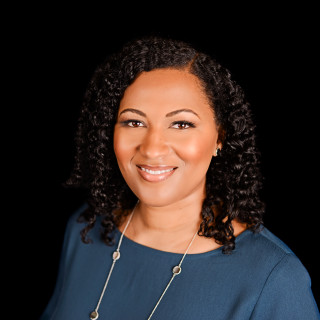
As a psychiatrist, I sit with patients in all stages of their grief. My patients have grieved the death of a loved one, trauma, loss of functioning or income due to an illness, loss of relationships, loss of a job, withdrawal from college, etc. No two people grieve the same. You can find the Kubler-Ross stages of grief on numerous organized and colorful diagrams and infographics but the reality is more like a toddler’s scribbles, sometimes even going off the paper.
Anyone who treats patients who have experienced trauma or a significant loss have likely observed an anniversary reaction. An anniversary reaction is an increase in distress around the anniversary of a traumatic event. It can range from feeling mildly upset for a day or two, to a more extreme reaction in which a person experiences significant psychiatric or medical symptoms. I have witnessed the extreme reaction with patients who are suicidal and hospitalized every year at the anniversary of a loss of a child or a sexual assault. I didn’t think I would experience an anniversary reaction this year because I am well-versed in this; I know the triggers, red flags, warning signs, and how to cope ahead.
This quote by author Vicki Harrison describes my professional and personal experience with grief. “Grief is like the ocean; it comes on waves ebbing and flowing. Sometimes the water is calm, and sometimes it is overwhelming. All we can do is learn to swim.” This year, I was just treading water.
I still struggle with personal disclosure. I am in a specialty where we are trained to not tell patients anything personal about ourselves. I’ve learned over the years that there are times when it’s appropriate and therapeutic and sometimes you just have to let a normal human interaction happen.
This is one of those times. Writing about it now is cathartic. I recently wrote an article about National Physician Suicide Day and the risk factors that physicians face. I encouraged physicians to not hide their struggles on my social media accounts. I have to practice what I preach. I have to be human.
The third anniversary was September 5th. My fiancé died tragically. I think I forgot how difficult the day could be because I made sure to not work on the first two anniversaries. This year, I worked because I thought I would be fine. It was just a date on the calendar. I have grieved. I was depressed and had symptoms of posttraumatic stress disorder. I was even on an SSRI for a short period of time. I was in therapy. I worked through it. It is challenging, but I am managing being a single mother. I excel at work. I am even an author now.
I only took three weeks off work after the biggest loss of my life. Every day, I listen to the trauma, dark secrets, hidden pain, and shame that contributes to the mental illnesses I treat. I have thankfully developed the skill of being able to leave work at work and take off the psychiatrist hat when I leave the building. It is harder to do when your heart is broken. Somehow, I persevered. I work with an amazing group of people and have supportive family and friends who have been my life preservers. As stressful as this career can be, I still love what I do. I thought that focusing on helping my patients and reducing the stigma of mental illness would allow me to not be consumed with grief.
I worked this year because I reasoned that the anniversary doesn’t make him any more or less gone than any other day. The body knows. The date on the calendar is etched into my body’s memory. I made plans with two of my oldest and dearest friends to have a girls’ weekend before the anniversary, in an effort to have fun and not focus on it. As much as I enjoyed their company, I had a migraine every day. My skin was clear but my 43-year-old face looked like that of a hormonal teenager. I had low back pain for several weeks. I’ve never been a sound sleeper, but sleep was even more restless. I couldn’t focus at work. I realized the day after the anniversary that I entered progress notes into the electronic medical record but forgot to enter the accompanying CPT codes. I never do that. Thankfully, I was able to correct the error. I was irritable. I always maintain my composure with patients, but I couldn’t do the same with others. I was short with the nurses calling me for admission orders. When I got home I was short with my youngest son.
I had to pull myself together. My three sons, ages 12, 19, and 20, needed me. They had anniversary reactions of their own, so I had mini flames to extinguish. Being a physician has prepared me for being a grieving parent. Much like I have been able to put my grief on the backburner for patient care, I have done the same for my children. I don’t regret this, but in this third year I realized that it might have actually done more harm than good. Author Eleanor Brown’s words guide my next steps, “Rest and self-care are so important. When you take time to replenish your spirit, it allows you to serve others from the overflow. You cannot serve from an empty vessel.”
Danielle J. Johnson, MD, FAPA is a board-certified psychiatrist. Her interests include women’s mental health and minority mental health. Dr. Johnson is co-author of the book “The Chronicles of Women in White Coats.” Follow @drdanij on Instagram and Twitter. She is a 2018–2019 Doximity Author.







